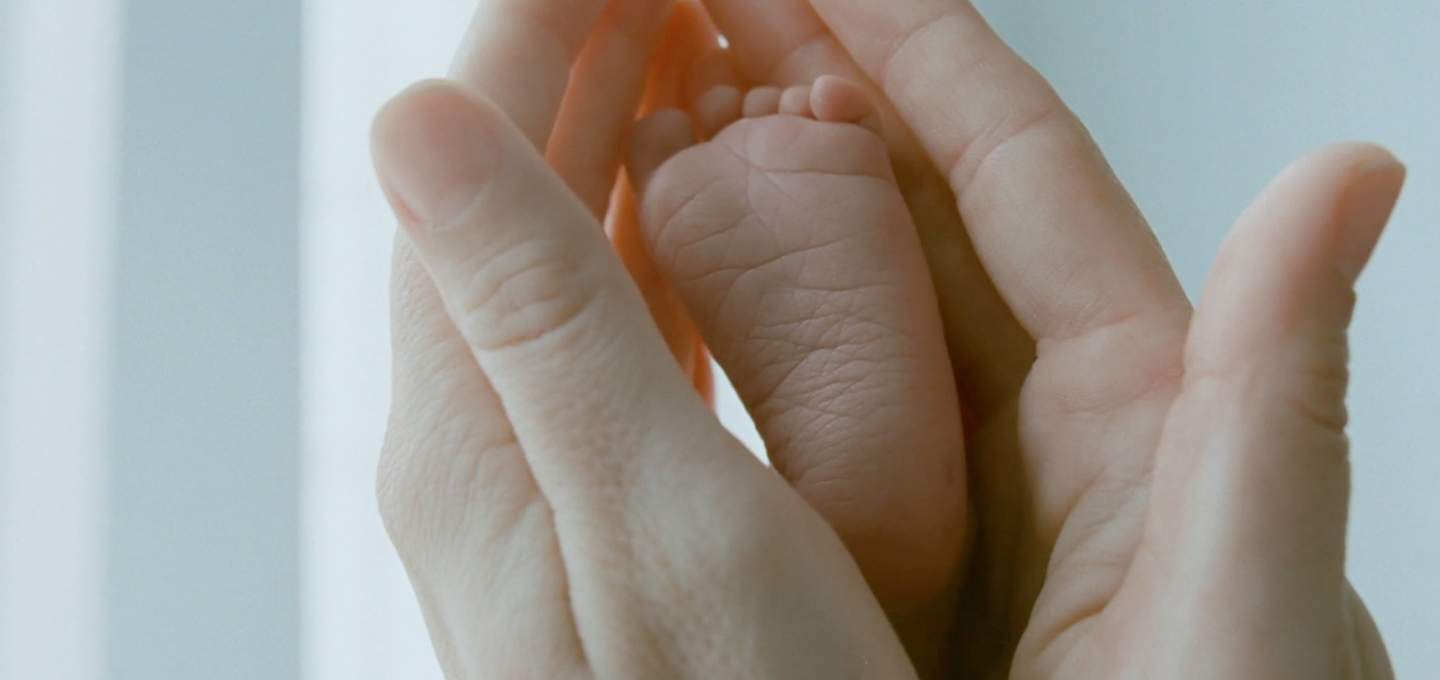Tree of Life
Terrence Malick's fifth film demands answers from life: from the big bang to the present.
Overview
Harper Lee wrote one novel. But the novel was To Kill a Mockingbird, and it was enough. Terrence Malick has likewise only directed five films. Pictures that build slowly, like a symphony of long, slow notes. And it's enough.
The Palm d'Or winning Tree of Life centres around a father (Brad Pitt), a mother (Jessica Chastain) and their son Jack (Harry McCracken as a boy, Sean Penn as an adult). All of the other characters, the flow of life and nature, and the film's full narrative build around the empty void that the death of Jack's young brother leaves in their family, in his life and in the soul of their mother.
Though the film exists in the shadow of a death, its preoccupation is life and how to live it. Jack grows up to be like his dad: a man neither he, nor his father, want to be. Around this, his mother's grief for his brother propels the action. In her imagination she rebuilds the world from nothing, from the big bang to the birth of her son, as though she is searching in the imagination of God, or perhaps only in the world, for some beginning, some end to the reason for his death. Her grief is as big, as cold, as vast, as fiery and pure as these things. It touches everything. Through her, the film constantly talks to God or to nature — it has no preference — and to the totality of the universe, with galaxies endlessly swirling and rock aflame, it poses the question: "What are we to you?"
The star of Terrence Malik's film remains the sensual. Everything is touchable. Hands drift through fields of high grasses, hands cup a newborn baby's foot, hands touch rough lawns and sheets, throw stones, throw footballs, hover in prayer over empty dinner plates. This is a great strength of the film, but if Tree of Life has a flaw, it's also this. Despite sharing his characters' dream worlds, grief and inner life, the story in this film is clearly Malik's most of all.





